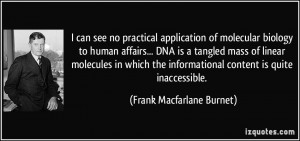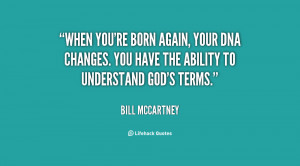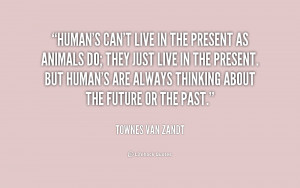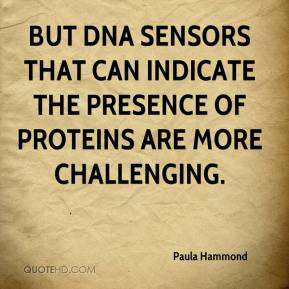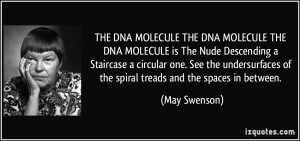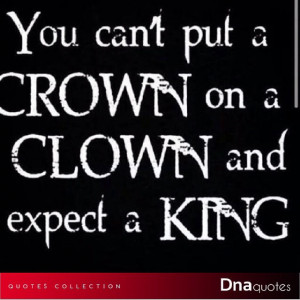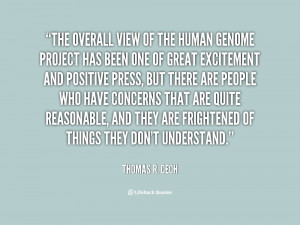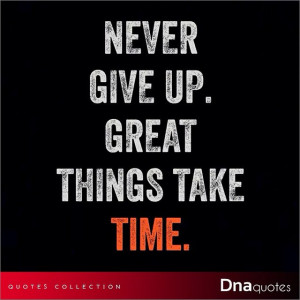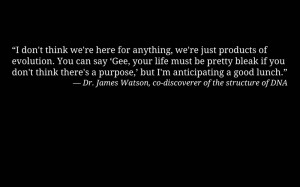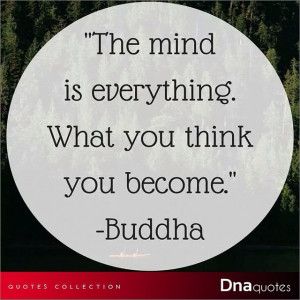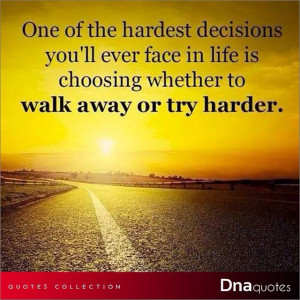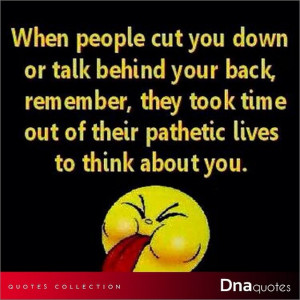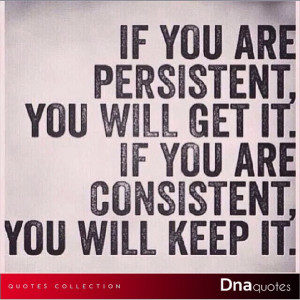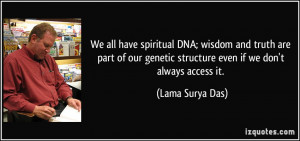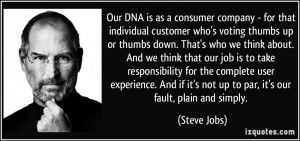Genome Quotes
As a Christian, but also as a scientist responsible for overseeing the Human Genome Project, one of my concerns has been the limits on applications of our understanding of the genome. Should there be limits? I think there should. I think the public has expressed their concern about ways this information might be misused.
An important finding is that by determining the genome sequences of an entire family, one can identify many DNA sequencing errors and thus greatly increase the accuracy of the data. This will ultimately help us understand the role of genetic variations in the diagnosis, treatment, and prevention of disease.
It turns out that viruses evolve from each other, like everything else. So if you look at the evolutionary tree of viruses, you can find parts of their genome that haven't changed over evolutionary time. You can recognize what may be a new virus by identifying this little piece of their genome that hasn't changed and is represented on the chip.
The brain is the most complicated organ in the universe. We have learned a lot about other human organs. We know how the heart pumps and how the kidney does what it does. To a certain degree, we have read the letters of the human genome. But the brain has 100 billion neurons. Each one of those has about 10,000 connections.
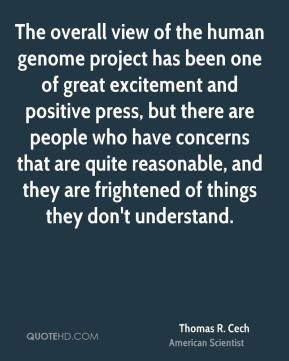
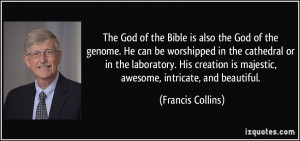
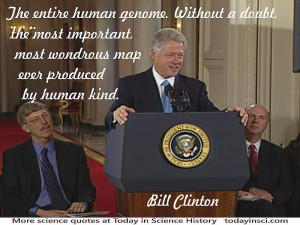
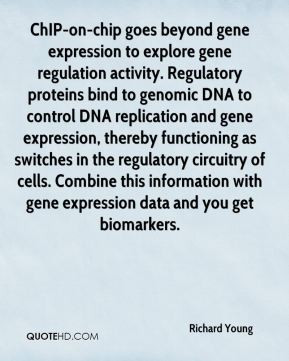

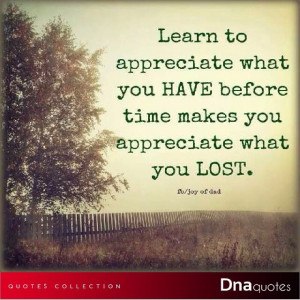

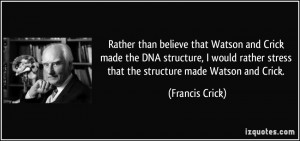

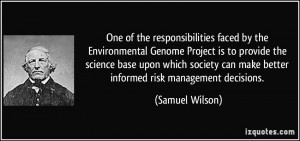
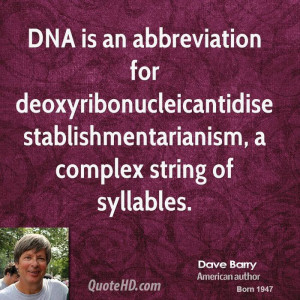
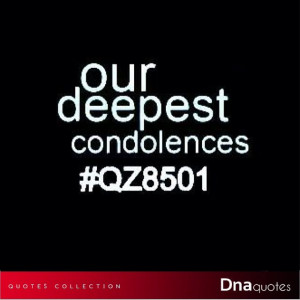
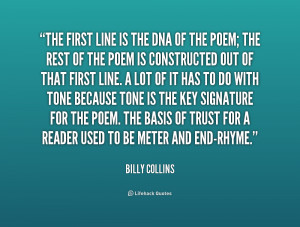
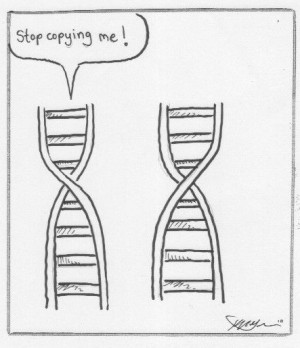
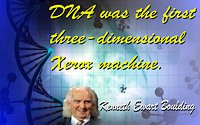
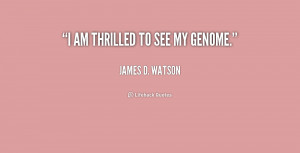
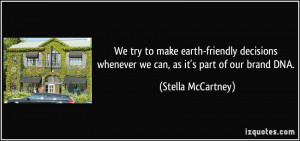

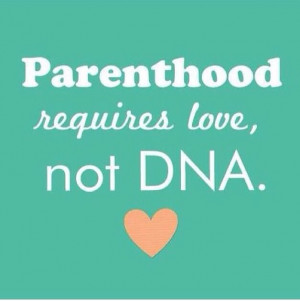
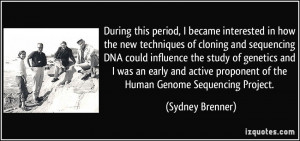
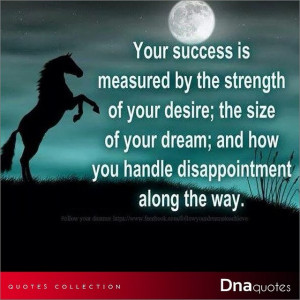
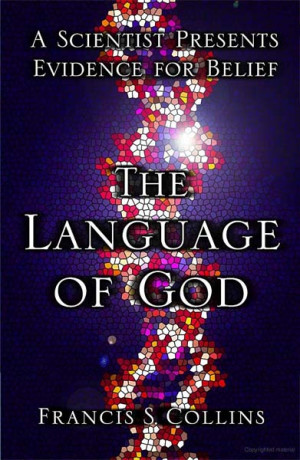
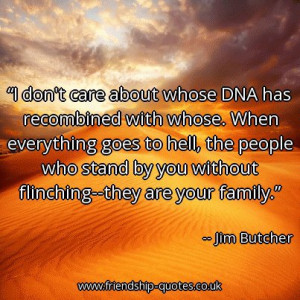
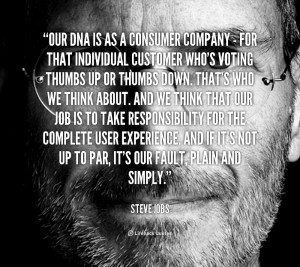
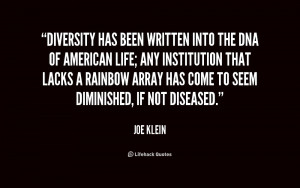
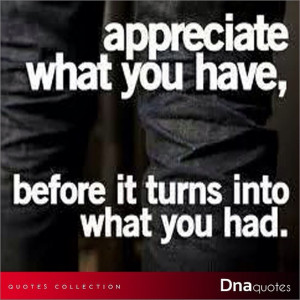
![The results suggest a helical structure [of DNA] (which must be very ...](https://cdn.quotesgram.com/small/66/46/1239721910-quote-the-results-suggest-a-helical-structure-of-dna-which-must-be-very-closely-packed-containing-rosalind-franklin-306085.jpg)
